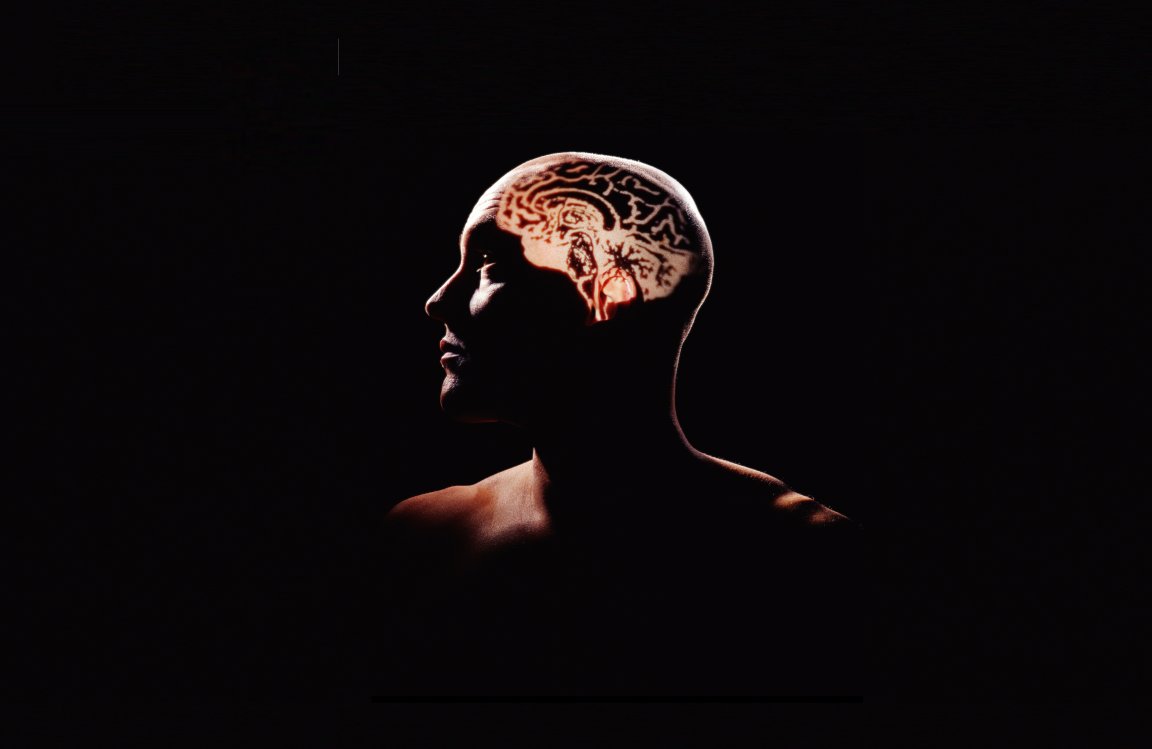
Memory Formation
Post-traumatic stress disorder (PTSD) is experienced by 7.8 percent of American adults, according to the National Center for PTSD. PTSD can manifest after the experience of a significantly traumatic event, such as living through a natural disaster, life-threatening accidents, sexual assault, or combat.

Not all who survive a horrible trauma develop PTSD. For example, children can develop the disorder, but are less likely to than adults, especially if they are under 10 years old at the time that the trauma is experienced. Scientists have been working to find out what causes PTSD to begin with. To study this, researchers from the University of Technology Sydney (UTS) and the Garvan Institute organized an experiment using mice.
The researchers wanted to see if how the memory was formed had an impact on whether PTSD developed. They employed quick shocks to the feet of the mice to see if the rapid, violent stimulus would allow a full memory to form.
Disconnected Fear
The results of the study suggest that the mice were able to form a memory based on the fear induced, but not a complete picture of what occurred. Some of the details of the painful event were never included in the mice’s fear-related memories.
The researchers, including Bryce Vissel from UTS, related this to the effects of PTSD. One of the symptoms of PTSD is that suffers will re-experience the trauma, which can be triggered by a seemingly innocuous stimulus. For example, returned soldiers could be triggered by a harmless loud bang. Vissel said that this might occur because the triggering memories were formed without sufficient details to allow the individual to distinguish the traumatic situation from an innocuous one.
“This could be significant because animals rely on their memory of where, when, and how the traumatic event occurred to determine when they should be fearful in future,” Vissel said in a press release. “If they form an ambiguous memory that lacks the detail necessary to tell different environments or situations apart, they may trigger the traumatic memory in a variety of inappropriate circumstances.”
These results, which were published in the journal Learning and Memory, suggest that symptoms of PTSD could be caused not only by the way we recall memories, but how those memories are made in the first place. Looking at memory formation and how that relates to PTSD could lead to new treatments for the condition. However, results in mice are not always the same in humans, and further study would have to be done on how this might be applied to humans.